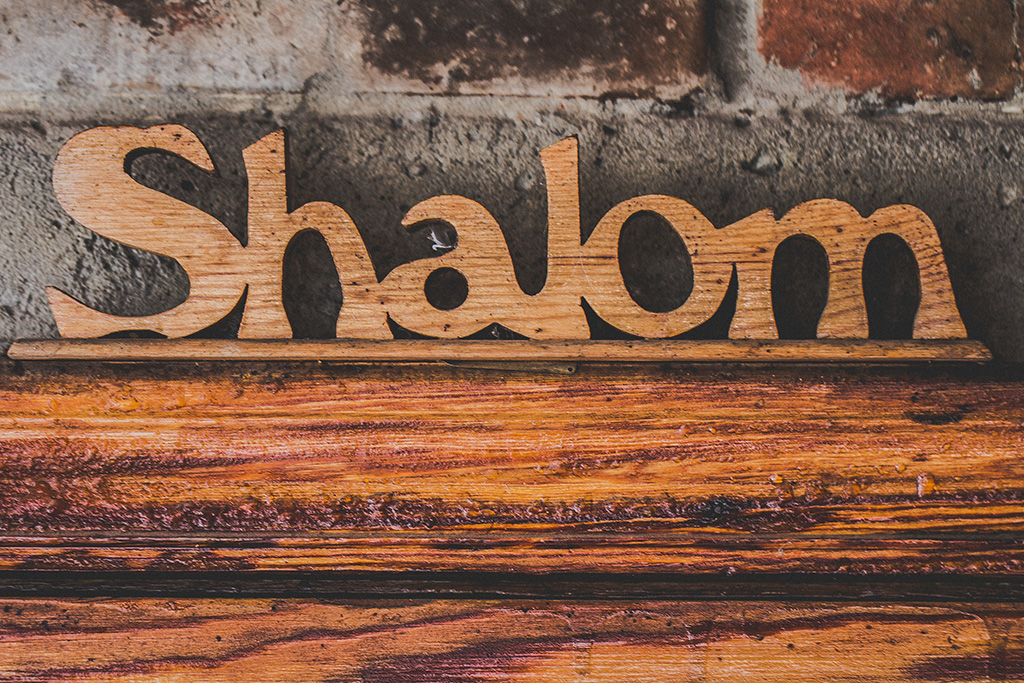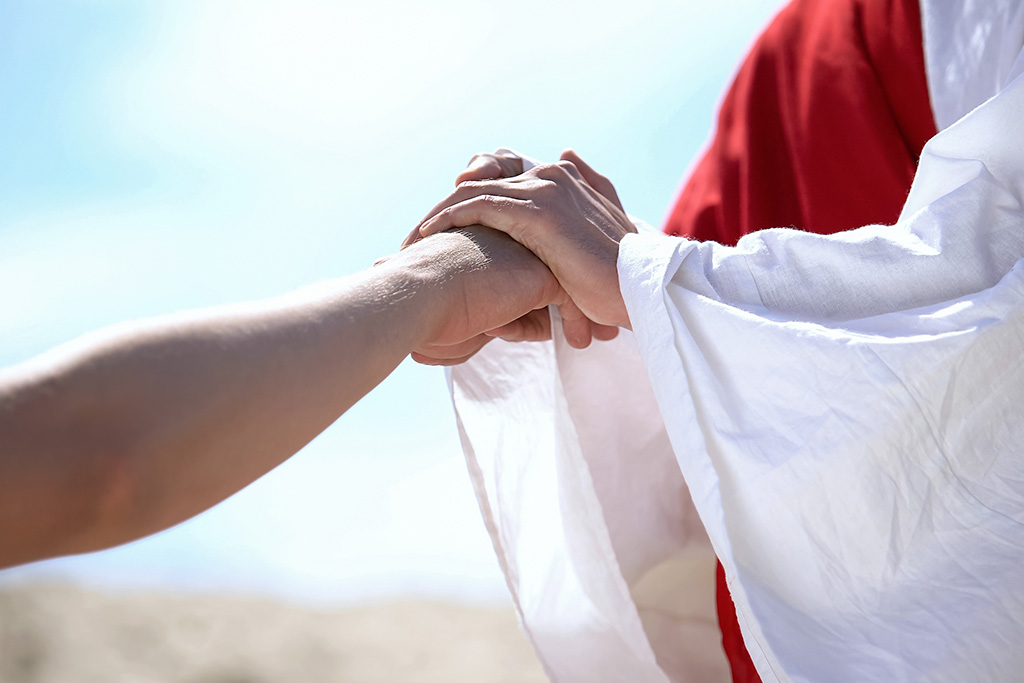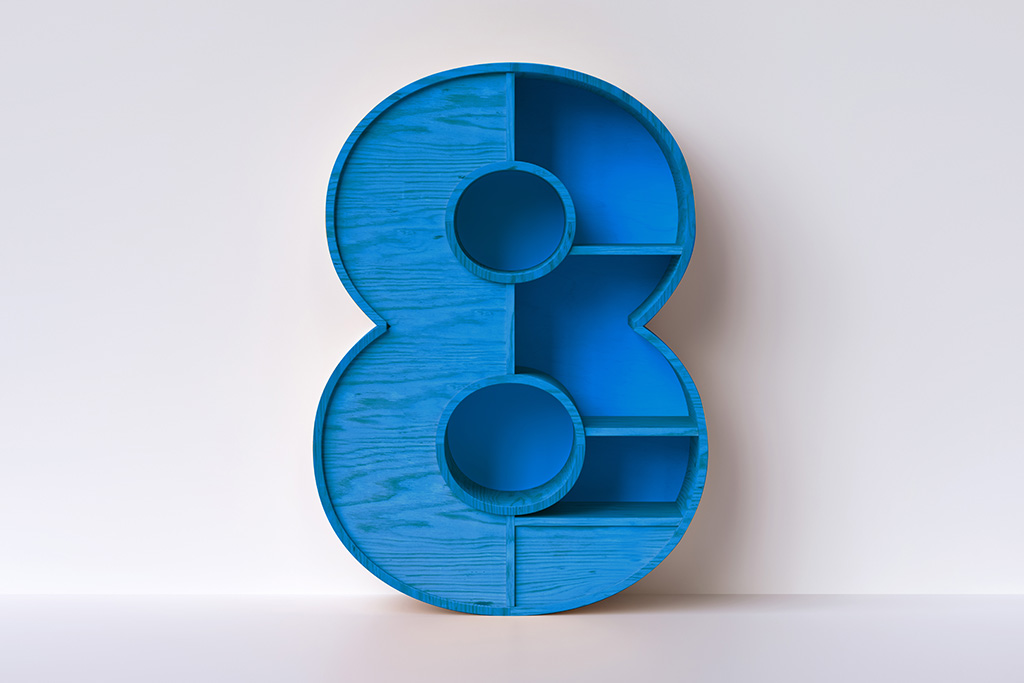
Self-Care in the New Year
A new year is upon us, and the crush of the holidays is finally over. Your physical and electronic mailboxes are full of catalogs that are advertising storage bins, exercise machines and athleisure wear. And if you’re like most people, it’s a pretty safe guess that you’re thinking about making a few changes in your life.
These are all good things (well, maybe not all the catalogs). We all like to start the new year with a renewed energy and focus. And putting away the holiday decorations is a must if we don’t want the neighbors to look disparagingly at the dilapidated Christmas wreath that’s hanging crookedly on the front door. In March.
Resolution to Rest
Yes, there’s a lot to do in the new year, and your social media feed is loaded with plenty of hacks and proud people broadcasting their resolutions to the rest of the internet. But are any of those people talking about taking some post-holiday time to rest?
There’s something about the midwinter that cries out for body, mind and soul to take a break. The short days and long nights are part of a regular annual cycle that helps us to slow down. Now that the holidays are over, we don’t necessarily need to rush into the next big self-improvement project. We can allow our minds and spirits time to pause. We can give ourselves permission to put down the TV remote and smartphone and take time to rest and reflect.
Listen to the words of the psalmist as you consider this proposal: “In vain you rise early and stay up late, toiling for food to eat—for he grants sleep to those he loves” (Psalm 127:2). Did you catch that? God gives sleep and rest as a gift to the people he loves. And here’s another verse for the weary entertainer: “Then, because so many people were coming and going that they did not even have a chance to eat, he said to them, ‘Come with me by yourselves to a quiet place and get some rest’” (Mark 6:31). Would you not have loved to take that advice as you cleaned up from the fifth family party that you threw in the last few months?
Jesus’s words bring us comfort as we consider taking this time to spend more post-holiday time with him: “Come to me, all you who are weary and burdened, and I will give you rest” (Matthew 11:28). That’s an invitation we can all use at this time of year.
What Does the Bible Say About Rest?
Of course, as humans we have regular cycles of rest built into our DNA. God built within every human the need to sleep, rise, refuel, work, spend time with friends and family, and sleep again. Every single day, for most of us, involves some sort of rest.
But many of us can start to feel guilty about taking time for ourselves. We in the U.S. can get anxious when we’re not running here and there or relentlessly focusing on knocking things off of our to-do lists.
But you may be surprised to learn that the Bible backs up this need for down time.
In the Scriptures, God invites us to rest. He even gave us an example of taking time for our bodies and souls to rest (though he himself didn’t need to): “By the seventh day God had finished the work he had been doing; so on the seventh day he rested from all his work. Then God blessed the seventh day and made it holy, because on it he rested from all the work of creating that he had done” (Genesis 2:2–3).
Consider these other statements of divine encouragement for us to rest:
• The Lord replied, “My Presence will go with you, and I will give you rest” (Exodus 33:14).
• In peace I will lie down and sleep, for you alone, Lord, make me dwell in safety (Psalm 4:8).
• Be still, and know that I am God (Psalm 46:10).
• My son, do not let wisdom and understanding out of your sight, preserve sound judgment and discretion; they will be life for you, an ornament to grace your neck. Then you will go on your way in safety, and your foot will not stumble. When you lie down, you will not be afraid; when you lie down, your sleep will be sweet (Proverbs 3:21–24).
• Peace I leave with you; my peace I give you. I do not give to you as the world gives. Do not let your hearts be troubled and do not be afraid (John 14:27).
• Do not be anxious about anything, but in every situation, by prayer and petition, with thanksgiving, present your requests to God. And the peace of God, which transcends all understanding, will guard your hearts and your minds in Christ Jesus (Philippians 4:6–7).
• There remains, then, a Sabbath-rest for the people of God; for anyone who enters God’s rest also rests from their works, just as God did from his (Hebrews 4:9–10).
• Cast all your anxiety on him because he cares for you (1 Peter 5:7).
There’s no doubt about it. God understands the frenetic pace that we tend to live at. He loves those who love him, and his peace is a gift to those who come to him looking for rest.
Be Like Jesus
Let’s explore this even further. During his ministry on earth, Jesus took time to get away from it all. Yes, he spoke before thousands of people and healed many more, and it seemed like everybody wanted a piece of his time and attention. But even though Jesus is fully God, he was also fully human. He got tired. If you take a few minutes and read the red letters in a Bible, you can get a sense of his tiredness, and even his frustration every once in a while.
Yes, even Jesus had to step away, and he did so on a fairly regular basis.
Writers Pete Briscoe and Patricia Hickman¹ observe the following:
Jesus had numerous sabbaticals. He went away to be reenergized through prayer, quiet meditation, and to spend personal time with close friends. Jesus, like many of us, was either unable or unwilling to spend large amounts of time away from His responsibilities. So He maintained a wise rhythm in the midst of His busy life. In addition to His custom of taking the weekly Sabbath, “He went to Nazareth, where He had been brought up, and on the Sabbath day He went into the synagogue, as was his custom” (Luke 4:16).
Jesus incorporated other forms of time off into His life as well.
We see evidence of time off after a period of victory.
After the miraculous feeding of the five thousand, “immediately Jesus made the disciples get into the boat and go on ahead of him to the other side, while he dismissed the crowd. After he had dismissed them, he went up on a mountainside by himself to pray. Later that night, he was there alone” (Matthew 14:22–23).
We see Jesus taking time off before making major decisions.
“One of those days Jesus went out to a mountainside to pray, and spent the night praying to God. When morning came, he called his disciples to him and chose twelve of them, whom He also designated apostles” (Luke 6:12–13).
The choice of the disciples was most likely not an easy task. Before making the decision, He prayed all night long.
He also took time off after a heavy period of ministry.
“The apostles gathered around Jesus and reported to him all they had done and taught. Then, because so many people were coming and going that they did not even have a chance to eat, he said to them, ‘Come with me by yourselves to a quiet place and get some rest.’ So they went away by themselves in a boat to a solitary place” (Mark 6:30–32).
Jesus took time off when he’d had enough of people.
“Jesus left that place and went to the vicinity of Tyre. He entered a house and did not want anyone to know it; yet he could not keep his presence secret” (Mark 7:24).
Jesus wearied of constant people contact just as we do. Even those of us who are off-the-chart extroverts have our people limits. So he hid away at a friend’s house in hopes of finding seclusion. By taking a people break, we give our bodies time to refuel so that when our lives integrate once more with others’ lives, we will be sincere and productive.
Jesus also took time off when he faced an intimidating task.
When he arrived on the Mount of Olives the night of His betrayal, “He withdrew about a stone’s throw beyond them, knelt down and prayed” (Luke 22:41). Jesus was human—terrified of the cross, the pain, and the humiliation—but He knew he had to do it. So what did he do? He went off alone to pray.
Restful Options
So we’ve learned that rest is a God-ordained gift that we give to ourselves. It’s something that God has literally built into our DNA—into the very fiber of our being. He instituted cycles of work and rest in the Garden of Eden, and despite what some of us believe today, he made rest mandatory. Observant Jewish people over the centuries have followed strict Sabbath rules about not engaging in regular work on the day God designated for his people to unplug and unwind and spend time in worship and with family.
As you enter the new year, can you give yourself permission to find time to rest?
Look again at the description of the times Jesus moved away from the crowds and got away by himself or with a few trusted individuals. Are you just coming out of a crazy busy period in your life? Do you have any big decisions coming up that need focused thought and prayer? Are you about to move into a new phase in your work, education, or family? Then be like Jesus and take the time to get away and rest and focus on what God has planned for you in the near future or the long term.
Here are several things to consider when thinking about recharging those depleted batteries:
Think about how you can rest your mind.
- Commit to turning off your phone or tablet at a certain time of the day to quiet your mind and heart before you go to bed at night. Put it on the charger and try to forget about it, then focus on quieting your mind before you go to sleep.
- Are your thoughts churning over a decision you have to make or a problem you’re in the middle of solving? Writing down tasks you need to perform can help relieve your mind.
- If there are too many other things getting in your way for you to think, consider what roadblocks you’re experiencing and take action to set them aside so that you can quiet your mind and focus your thoughts. This can be very simple—as easy as changing your car radio station from talk radio to soothing music, or staying off a busy highway and taking the backroads home.
Think about how you can rest your spirit.
- Consider a social media fast. For a certain amount of time—a day, a week, or two weeks—disconnect from the frenzy of social media.
- And if your distraction isn’t on the internet, consider what other things might be revving up your spirit. Is it a contentious relationship? Stop answering the phone for a day to give yourself a break. A busy project at work? Take an hour or a day off to clear your mind and settle your spirit.
Think about how you can rest your body.
- Think about what substances might be making your body tense. Too much coffee? Try half-caf. Too many energy drinks? Cut your intake in half and drink water instead. Too much food? Slow down when you’re eating and let your body dictate how much you take in.
- Are you working out too intensely? Give yourself a periodic break from that as well.
- If you have small kids, take advantage of offers of help so that you can get away, even if for a few hours. And during that time, find a place to rest—not run errands.
- Commit to sit still for a certain amount of time. Discipline yourself to sit in a comfortable chair and read a favorite novel.
- Sleep in. Seriously. Or for a few days or a week, commit to taking a break from your favorite streaming service and go to bed an hour earlier.
Finally, always remember what Jesus said when he was talking to his followers about how they should live their lives on a daily basis. This passage from Matthew (verses 6:25–34) is excellent advice for us as we consider resting up from the holidays and adjusting our perspective for a new year:
“Therefore I tell you, do not worry about your life, what you will eat or drink; or about your body, what you will wear. Is not life more than food, and the body more than clothes? Look at the birds of the air; they do not sow or reap or store away in barns, and yet your heavenly Father feeds them. Are you not much more valuable than they? Can any one of you by worrying add a single hour to your life?
“And why do you worry about clothes? See how the flowers of the field grow. They do not labor or spin. Yet I tell you that not even Solomon in all his splendor was dressed like one of these. If that is how God clothes the grass of the field, which is here today and tomorrow is thrown into the fire, will he not much more clothe you—you of little faith? So do not worry, saying, ‘What shall we eat?’ or ‘What shall we drink?’ or ‘What shall we wear?’ For the pagans run after all these things, and your heavenly Father knows that you need them. But seek first his kingdom and his righteousness, and all these things will be given to you as well. Therefore do not worry about tomorrow, for tomorrow will worry about itself. Each day has enough trouble of its own.”
Please take a second to reread those last two sentences. Enough said.
¹https://justbetweenus.org/everyday-life/living-healthy/jesus-took-time-off-too/
By Mike Vander Klipp, a senior editor with the Zondervan Bible Group, where he’s been privileged to work for the past three decades. He and his family live in Grand Rapids, Michigan.
Find an NIV Bible that’s right for you! There’s an NIV Bible for every age and need – Bibles for study, devotions, journaling, classic reference, large print, youth, and more. Find yours today!







I just read this and found it very helpful for my life and I plan to share it with others. I have recently retired and are more quickly picking up things to do. I need to remind myself of self care more now. Thank you so much for this great learning.